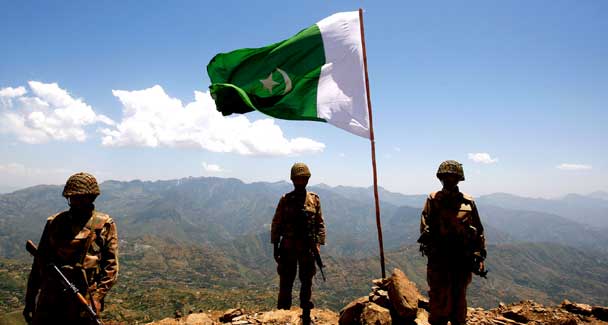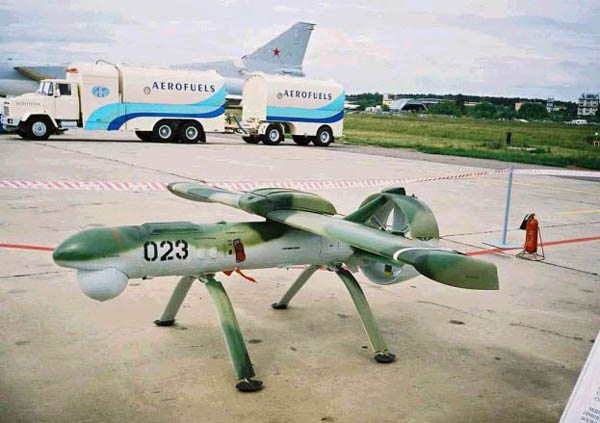Political turmoil, fragile security and tense relations with both Afghanistan and the United States meant that early 2012 was as unsettled for Pakistan as the long succession destabilising months that came before. While a stand-off between the civilian government and the military in January did not result, as some had feared, in a coup d’etat, civil-military relations in Pakistan remain under severe strain. The crisis centred on the so-called ‘Memogate’ affair, in which the ambassador to the US, Hussain Haqqani, who has since resigned, was revealed in late 2011 to have sent a memo to the US Joint Chiefs of Staff appealing for protection against a military takeover of Pakistan in return for the removal of all military intelligence personnel found to be colluding with the Taliban.
As Memogate became the subject of a Supreme Court inquiry, the government and the military engaged in a public spat about the incident, with Prime Minister Yusuf Raza Gillani ultimately firing the defence secretay, Naeem Khalid Lodhi, a retired general, in early January and replacing him with a civilian, Nargis Sethi. The military responded by saying it would not work with the new appointee. The judiciary, which has emerged in recent years as a third force in the Pakistani system, appeared by February to be siding with the military as it pressed ahead with the indictment of Gillani over his alleged refusal to investigate President Asif Ali Zardari, on charges of corruption dating back to the 1990s. If found guilty of the contempt-of-court charges, Gillani could be imprisoned and barred from holding political office. With national elections not due to be held until 2013, the prime minster’s removal would add to the country’s already grave political uncertainty over the coming year.
Relations with Afghanistan remained troubled, with February talks between Zardari and Afghan President Hamid Karzai – also attended by Iranian President Mahmoud Ahmadinejad – described as ‘acrimonious’ by observers. Pakistani foreign minister Hina Rabbani Khar said that Karzai was ‘ridiculous’ to think that Pakistan had the power to bring Taliban leader Mullah Mohammed Omar to the negotiating table. Following the talks, Gillani publicly urged the Afghan Taliban to hold direct peace talks with Kabul, saying that it was time to open a new chapter in the country with NATO forces preparing to withdraw.
In Pakistan itself, the military continued to attack insurgent targets, with Pakistani aircraft bombing a number of militant targets in the Federally Administered Tribal Areas (FATA) in February. However, US drones were also reported to have resumed attacks in the FATA following a two-month hiatus enforced by the Americans’ expulsion from Pakistan’s Shamsi airbase, from which many of the US drones operated. Pakistan had ordered US personnel out of Shamsi after an US airstrike killed 24 Pakistani troops at a border outpost in November. Relations between Washington and Islamabad have remained at rock bottom ever since the incident, with Pakistan refusing to take part in, and rejecting the findings of, a US investigation into the situation that led to the soldiers’ deaths. The report found failures on both sides.
The US-Pakistan relationship has continued to function on some levels, with the US completing delivery of 18 upgraded F-16 fighter aircraft and two P-3C Orion surveillance aircraft in February. However, in December the US Congress decided to suspend U$1.1bn in military aid due to Pakistan in 2012 until it received guarantees that Islamabad was taking steps to shut down terrorist networks. As of February, Pakistan was also yet to reopen the overland supply route servicing NATO forces in Afghanistan.
Islamabad’s strong relationship continued to grow, however, with Pakistan Army chief General Ashfaq Kiyani making a five-day visit to China in January and meeting the premier, Wen Jiabao. Both sides expressed their desire to extend their defence co-operation, amid reports that Pakistan is considering leasing the entire Gilgit-Baltistan region to the Chinese for 50 years in an attempt to ease its economic plight.










